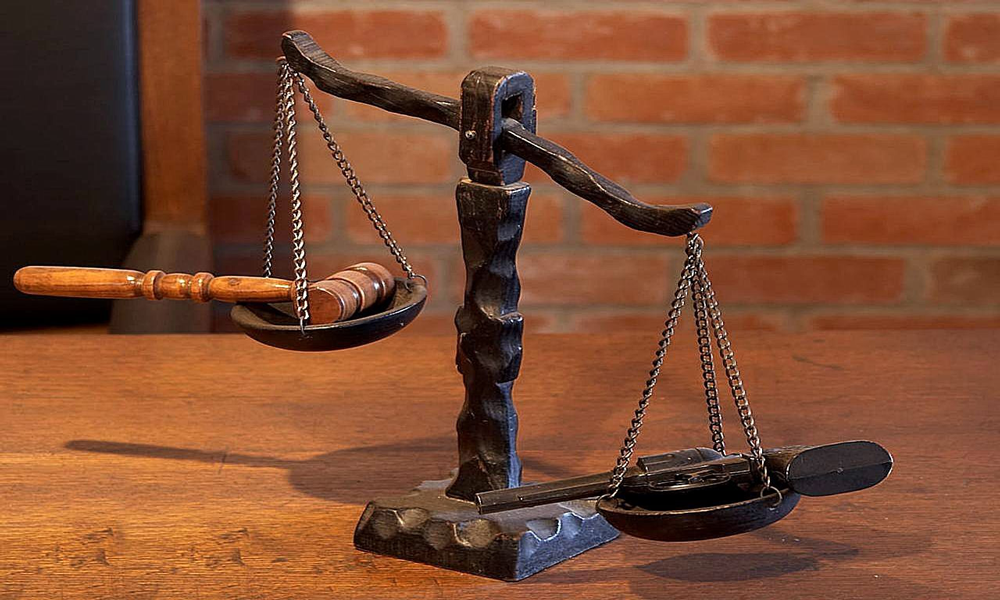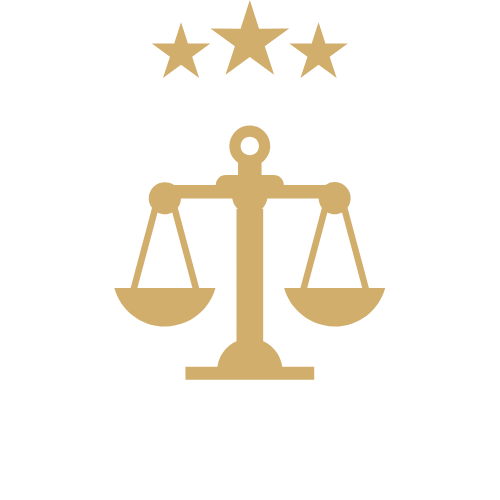

A lawyer is a person who practices law, as an advocate, barrister, attorney, counselor or solicitor or chartered legal executive.[1] Working as a lawyer involves the practical application of abstract legal theories and knowledge to solve specific individualized problems, or to advance the interests of those who hire lawyers to perform legal services.
The role of the lawyer varies greatly across legal jurisdictions, and so it can be treated here in only the most general terms.[2][3]
n practice, legal jurisdictions exercise their right to determine who is recognized as being a lawyer. As a result, the meaning of the term "lawyer" may vary from place to place.[4]
In Australia, the word "lawyer" is used to refer to both barristers and solicitors (whether in private practice or practicing as corporate in-house counsel).
In Canada, the word "lawyer" only refers to individuals who have been called to the bar or, in Quebec, have qualified as civil law notaries. Common law lawyers in Canada are formally and properly called "barristers and solicitors", but should not be referred to as "attorneys", since that term has a different meaning in Canadian usage. However, in Quebec, civil law advocates (or avocats in French) often call themselves "attorney" and sometimes "barrister and solicitor" in English, and all lawyers in Quebec, or lawyers in the rest of Canada when practicing in French, are addressed with the honorific title, "Me." or "Maître".
In England and Wales, "lawyer" is used to refer to persons who provide reserved and unreserved legal activities and includes practitioners such as barristers, attorneys, solicitors, registered foreign lawyers, patent attorneys, trade mark attorneys, licensed conveyancers, public notaries, commissioners for oaths, immigration advisers and claims management services. The Legal Services Act 2007 defines the "legal activities" that may only be performed by a person who is entitled to do so pursuant to the Act. 'Lawyer' is not a protected title.
